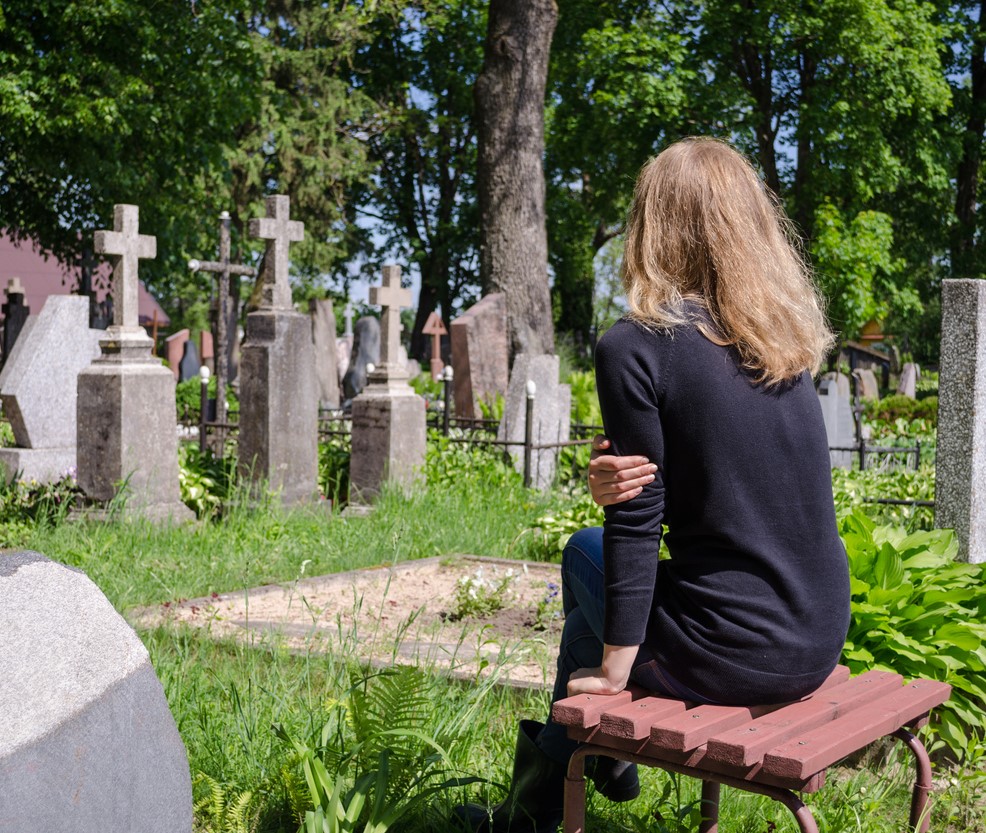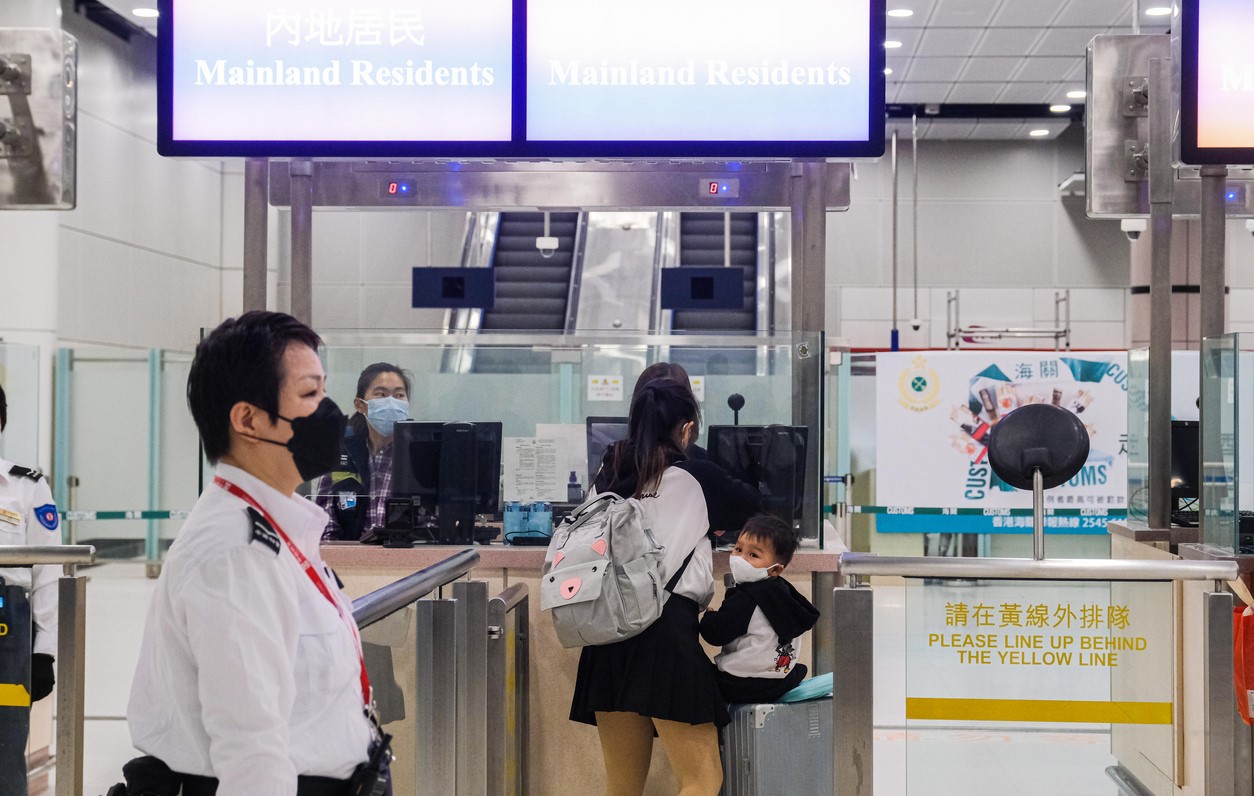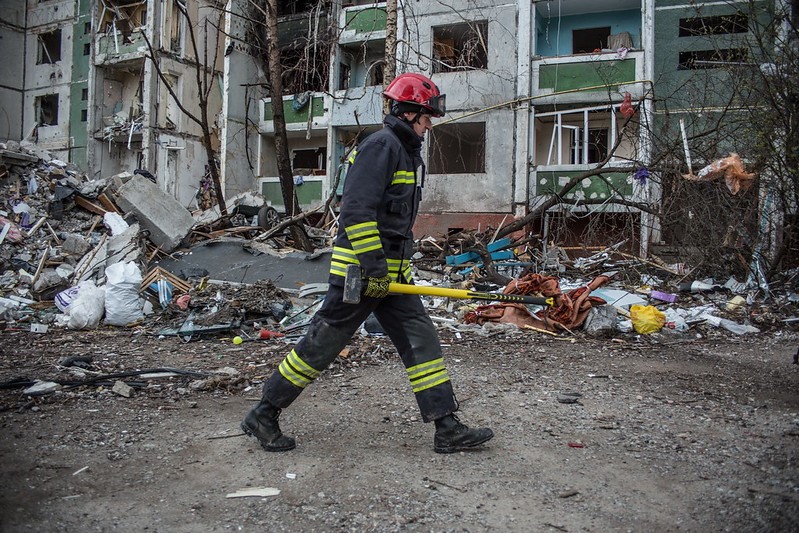
The World Health Organization's polio emergency committee met again last week and recommended that, although encouraging progress has been made, the situation still warrants a public health emergency of international concern. The news comes as more cases are confirmed in Africa.
The concern stems from activity in a handful of countries. In Afghanistan, a large pool of unvaccinated "zero dose" children could reintroduce wild-type poliovirus into the southern region. The WHO also noted suboptimal immunization coverage during campaigns in southeastern Africa, in Malawi, Mozambique, Zambia, and Zimbabwe.
There may be insufficient population immunity to halt transmission.
"There may be insufficient population immunity to halt transmission," the WHO wrote. "Many countries have weak immunization systems that were further impacted by the COVID-19 pandemic but are gradually recovering."
New cases in Chad, DR Congo, Kenya
Three African countries—Chad, the Democratic Republic of the Congo (DRC), and Kenya—reported more polio cases this week, all vaccine-derived types, according to the latest Global Polio Eradication Initiative report.
In Chad, 2 circulating vaccine-derived poliovirus type 2 (cVDPV2) cases were reported, in Ouaddai and Mayo Kebbi Est. The country has had 25 cases this year. In the DRC, 3 cVDPV2 cases were reported in Mongala and Haut Lomami; there have now been 65 cVDPV2 cases reported in the DRC this year, compared with 368 such cases in 2022.
The DCR also confirmed a circulating vaccine-derived poliovirus type 1 (cVDPV1) case, raising the year's total to 48.
Finally, Kenya recorded one cVDPV2 case, the third this year.
 The risk of death from SARS-CoV-2 Omicron infection was four times higher than that from influenza in late 2022 and early 2023 in France, a Harvard Medical School researcher
The risk of death from SARS-CoV-2 Omicron infection was four times higher than that from influenza in late 2022 and early 2023 in France, a Harvard Medical School researcher  In JAMA Network Open,
In JAMA Network Open, 











